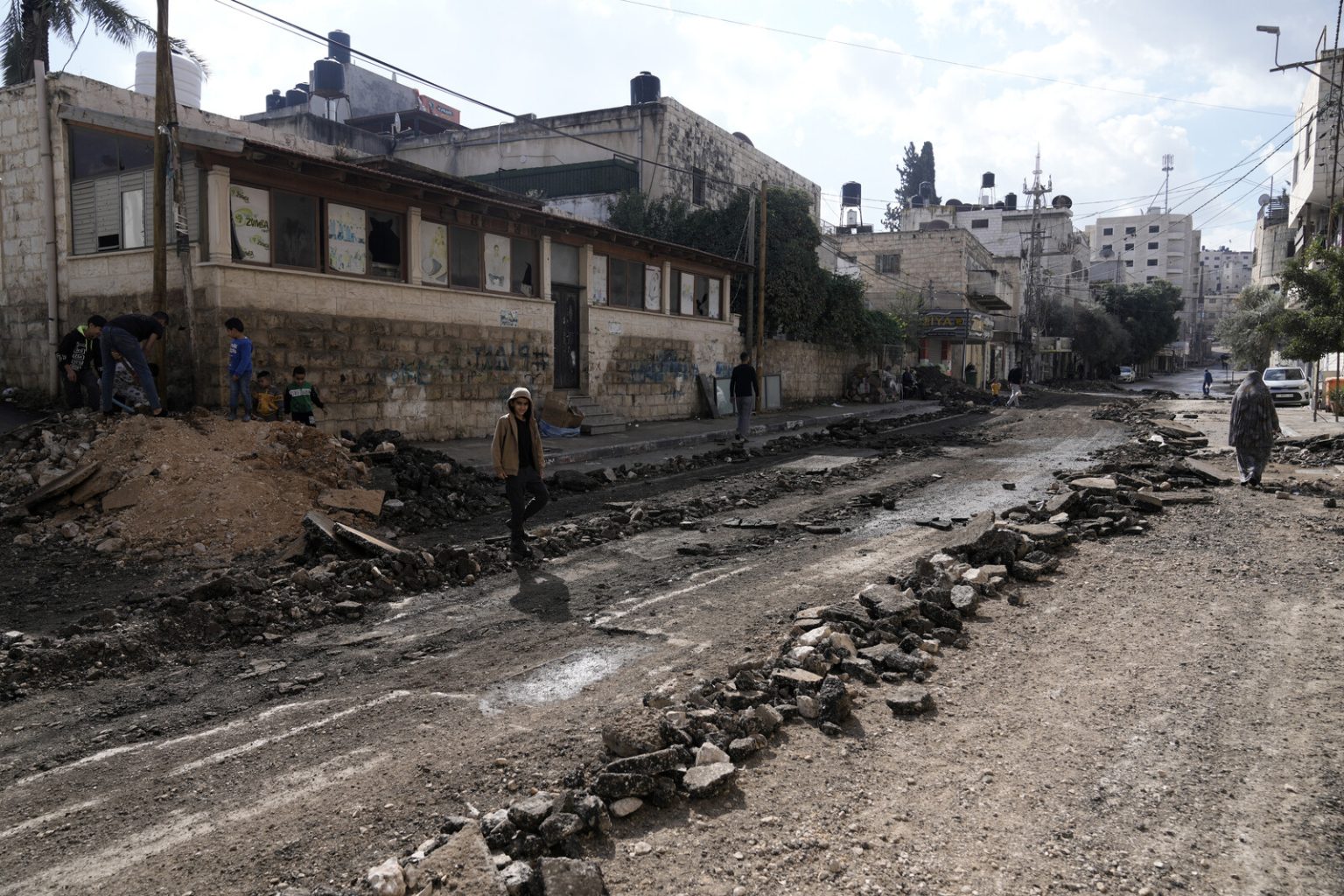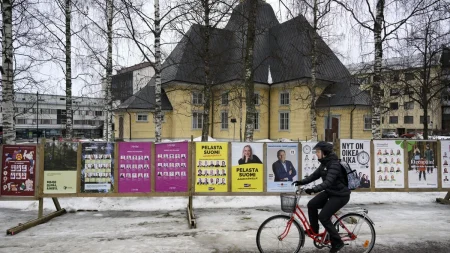The escalating tensions in the West Bank, specifically in the city of Jenin, have highlighted the deep-seated divisions within Palestinian politics and the volatile security situation in the region. The recent violence, triggered by the Palestinian Authority’s (PA) arrest of several militants, has sparked clashes not only between Palestinian security forces and armed groups but also, unusually, between rival Palestinian factions themselves. Hamas, a designated terrorist organization by several countries, including the United States and the European Union, claims to have lost one of its fighters in these clashes, a development signifying a dangerous escalation of intra-Palestinian conflict. This internal strife further complicates the already precarious security landscape in the West Bank, adding another layer of complexity to the Israeli-Palestinian conflict.
The PA, dominated by the Fatah party, exerts nominal control over parts of the West Bank, coordinating security matters with Israel. This cooperation, while aimed at maintaining stability, is often viewed by other Palestinian factions, including Hamas and Islamic Jihad, as collaboration with the occupying power. The recent arrests of militants in Jenin, a stronghold of armed resistance against Israeli occupation, have been perceived by these groups as a direct attack on Palestinian resistance, further inflaming tensions. Hamas, the largest rival of Fatah and the governing authority in the Gaza Strip, has vehemently condemned the PA’s actions, accusing them of deliberately targeting fighters and individuals sought by Israel. This accusation reflects the deep mistrust and animosity between the two dominant Palestinian factions, a rivalry that often spills over into violent confrontations.
The violence in Jenin is not an isolated incident but rather a manifestation of the broader political and security challenges plaguing the West Bank. The PA’s precarious position, caught between its security coordination with Israel and the demands of its own population resisting occupation, creates a breeding ground for instability. The presence of heavily armed militant groups in areas like Jenin, coupled with the growing frustration and disillusionment among Palestinians due to the lack of progress towards a two-state solution, further fuels the cycle of violence. The current escalation underscores the fragility of the security situation and the urgent need for a comprehensive approach to address the underlying causes of the conflict.
The Islamic Jihad, another significant Palestinian militant group, has called for widespread mobilization and retaliation against the PA’s actions in Jenin. Their call for a ”day of anger” and general mobilization highlights the potential for further escalation and widespread unrest across the West Bank. The involvement of multiple armed groups, each with its own agenda and grievances, complicates the situation and increases the risk of a larger-scale conflict. The potential for these tensions to spill over into Israeli-Palestinian violence is a serious concern, as it could trigger a broader confrontation with unpredictable consequences.
The incident involving the alleged killing of a Hamas fighter is a particularly alarming development. Clashes between Palestinian factions, while not unprecedented, are relatively rare and often quickly contained. The current situation, however, appears more volatile, with both Hamas and Islamic Jihad openly challenging the PA’s authority and calling for resistance against its security forces. This intra-Palestinian conflict weakens the overall Palestinian position and diverts resources and attention away from the core issue of ending the Israeli occupation. The potential for these clashes to escalate into a sustained internal conflict poses a serious threat to Palestinian unity and further destabilizes the already precarious security situation in the West Bank.
The unfolding events in Jenin underscore the urgent need for a renewed focus on addressing the root causes of the Israeli-Palestinian conflict. The ongoing occupation, the lack of a political horizon, and the deep divisions within Palestinian society create a volatile environment ripe for escalation. A sustainable solution must address the legitimate aspirations of both Israelis and Palestinians for security, self-determination, and a peaceful future. The international community must play a more active role in facilitating dialogue and promoting a just and lasting resolution to the conflict, one that addresses the fundamental issues of occupation, settlements, and the status of Jerusalem. Failure to do so risks further escalation and the perpetuation of a cycle of violence that has plagued the region for far too long. The current situation in Jenin serves as a stark reminder of the fragility of the status quo and the urgent need for meaningful progress towards a peaceful resolution.














